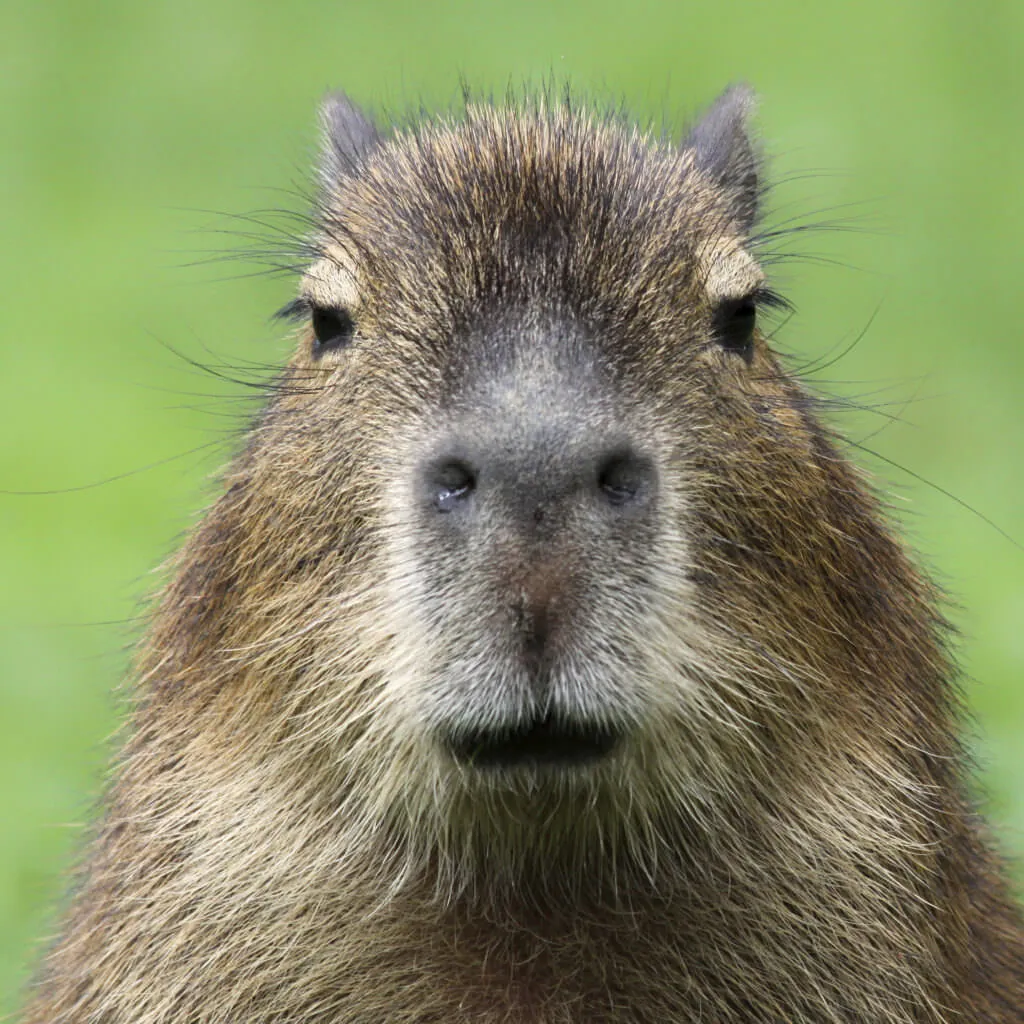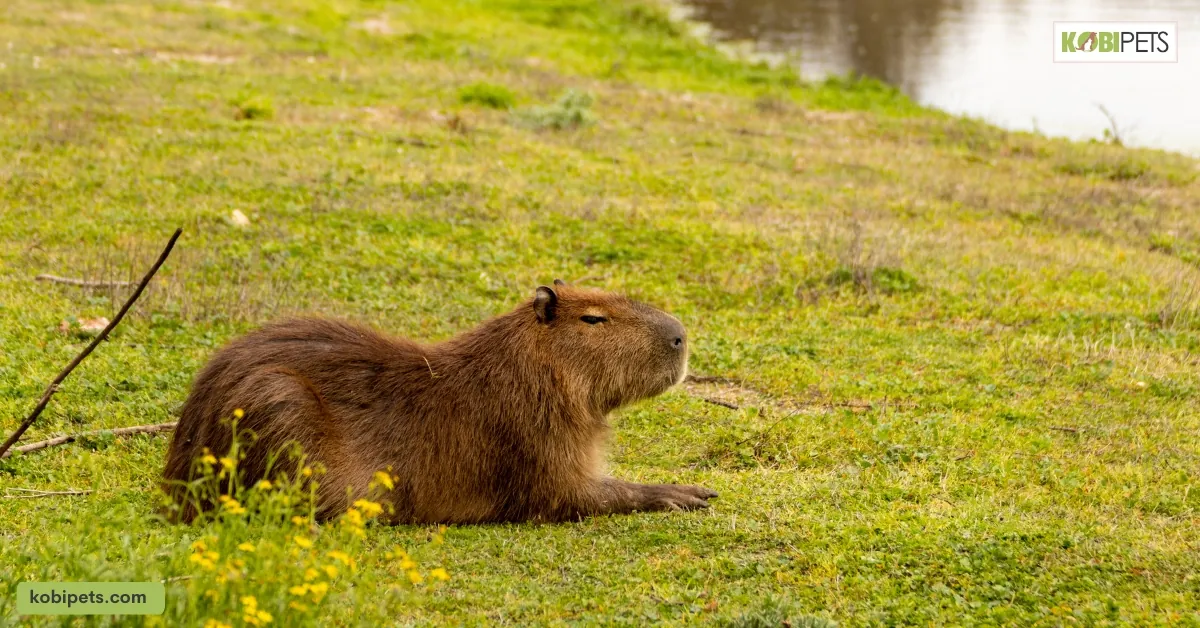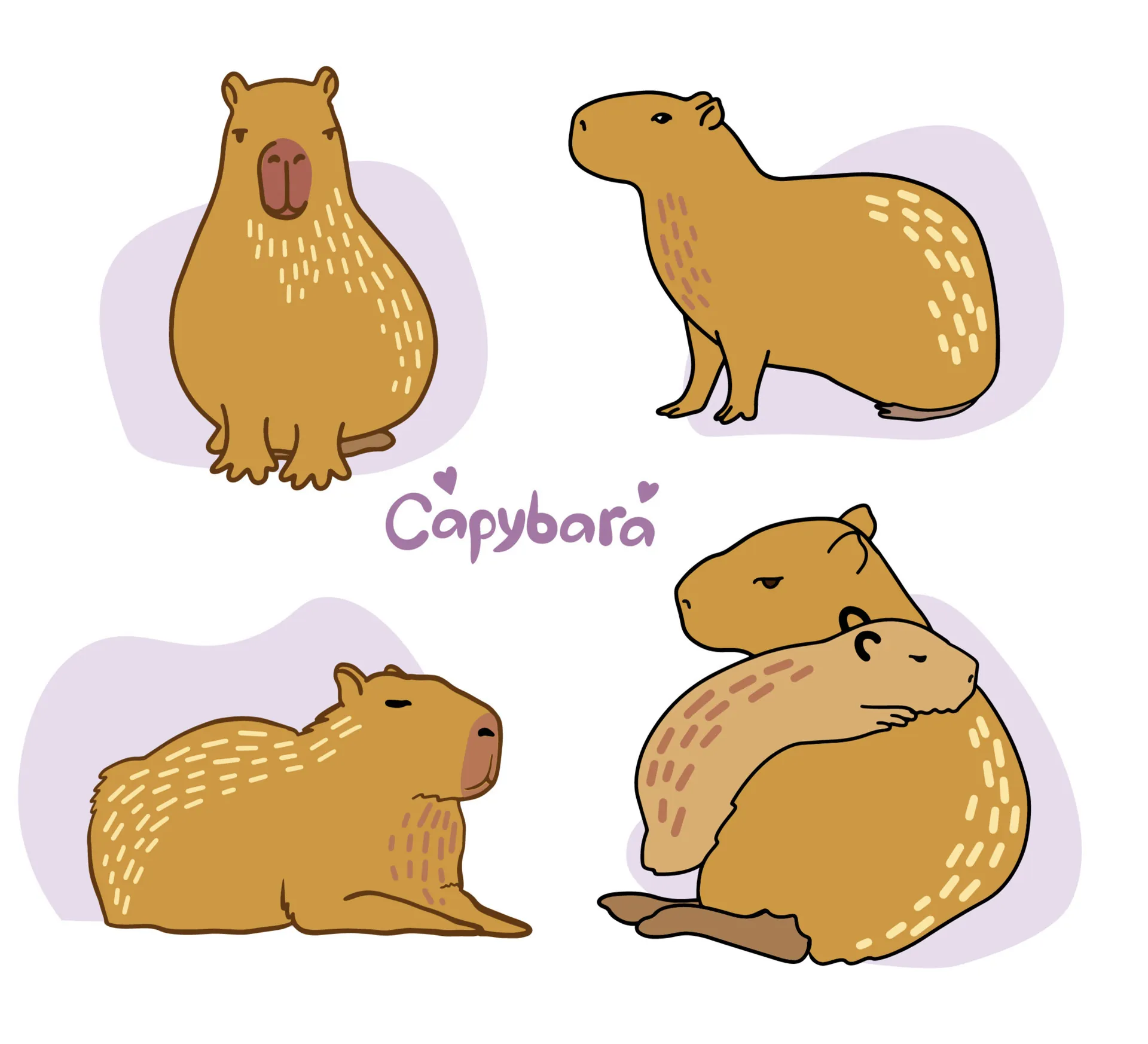Ever dreamed of owning a capybara? Maybe you’ve seen their adorable faces online or heard about how chill they are. But then the big question hits: is it even legal to own a capybara in Virginia? Let’s break it down step-by-step so you know exactly what to expect, what the laws say, and what it takes to own one of these gentle giants.
Can You Own a Capybara in Virginia?

The short answer? Yes, you can! But it’s not as simple as heading to your nearest exotic pet store and bringing one home. Virginia regulates exotic animal ownership, and capybaras fall into this category. You’ll need to jump through a few legal hoops, starting with obtaining an Exotic Animal Permit.
Here’s why this matters: Virginia wants to make sure people owning exotic pets can handle the responsibility and provide a safe, healthy environment for the animal. Owning a capybara isn’t like getting a dog or cat—it’s a commitment that requires special care and attention.
So, What Does the Law Say?
In Virginia, capybaras are considered non-native exotic animals, which means you need a permit to own one legally. The Virginia Department of Wildlife Resources (DWR) is the agency that oversees this process.
To get the green light, you’ll need to:
- Apply for an Exotic Animal Permit.
This isn’t just a formality—you’ll need to show the DWR that you’ve done your homework. - Provide a detailed care plan.
This includes outlining how you’ll house, feed, and care for your capybara. - Ensure your property meets standards.
Capybaras need a secure enclosure with enough space to roam and, most importantly, a water feature like a pond or pool. They’re semi-aquatic, so swimming is a must. - Pass an inspection.
Officials may check out your setup to confirm it meets all the necessary criteria.
Important Note: Local laws can vary. Even if the state gives you a thumbs up, your city or county might have stricter rules—or outright bans—on exotic pets. Always check with local authorities before committing.
Why Do You Need a Permit?

Think of the permit as a safeguard. It’s not just about keeping you in compliance with the law—it’s about protecting the animal and ensuring you’re ready for the responsibility. Capybaras are social, high-maintenance creatures. Without the right environment, they can suffer from stress, health problems, or even become aggressive.
What It Takes to Care for a Capybara

Let’s get real here: owning a capybara is not for everyone. These animals are adorable, but they come with unique needs. Here’s what you’re signing up for:
1. A Huge Habitat
Capybaras are not apartment pets. They need:
- Space to roam: A backyard enclosure of at least 12×24 feet is a good start.
- Water access: Think pond, pool, or a large tub. Swimming is non-negotiable.
- Shelter: They need a shaded area to protect them from the elements.
2. A Specialized Diet
Capybaras are herbivores, and their diet revolves around:
- Fresh grass (timothy hay is great).
- Leafy greens like kale, lettuce, and spinach.
- Occasional fruits as treats (not too much sugar!).
You’ll also need to ensure they have access to clean water at all times.
3. Companionship
Capybaras are social animals that thrive in groups. If you’re planning to own one, be ready to consider getting a second capybara. Single capybaras often become lonely, which can lead to stress and behavioral problems.
Real Talk: The Challenges of Owning a Capybara
If you’re imagining an Instagram-worthy life with your capybara, here’s the reality check. Owning a capybara isn’t just fun and games—it comes with challenges, such as:
- Size and strength: These animals grow up to 150 pounds and can be surprisingly strong.
- High maintenance: They’re not low-key pets. Between their habitat, diet, and need for social interaction, you’ll need to invest a lot of time and resources.
- Climate considerations: Capybaras are native to tropical climates, so if you live in an area with cold winters, you’ll need to provide indoor heating.
FAQs About Owning a Capybara in Virginia
1. Do I need a special license to own a capybara in Virginia?
Yes, you need an Exotic Animal Permit from the Virginia Department of Wildlife Resources.
2. Can I keep a capybara indoors?
Not recommended. Capybaras are semi-aquatic and need outdoor space with access to water.
3. Are capybaras dangerous?
Generally, no. They’re gentle animals, but like any pet, they can become defensive if they feel threatened or stressed.
4. Can I own just one capybara?
While it’s possible, it’s not ideal. Capybaras are highly social animals and do better with a companion.
5. How much does it cost to care for a capybara?
The initial setup (enclosure, pond, etc.) can cost several thousand dollars. Ongoing expenses include food, veterinary care, and maintenance.
Is Owning a Capybara Right for You?
Here’s the bottom line: owning a capybara can be an amazing experience, but it’s a huge responsibility. Before you jump in, ask yourself:
- Do I have the space, time, and resources to care for a capybara properly?
- Am I prepared to handle the legal requirements?
- Can I commit to their care for the next 8–12 years?
If you’re ready to go all-in, a capybara might just be the unique, loving pet you’ve been looking for. Just make sure you’re in it for the right reasons—and that you’re fully prepared for the commitment.
Final Words

Owning a capybara in Virginia is legal, but it’s not a decision to take lightly. From securing permits to setting up a proper habitat, there’s a lot involved. But with the right preparation and dedication, these amazing animals can bring a ton of joy to your life.
So, are you ready to make the leap? Remember: it’s not just about owning a capybara—it’s about giving them the best life possible.
